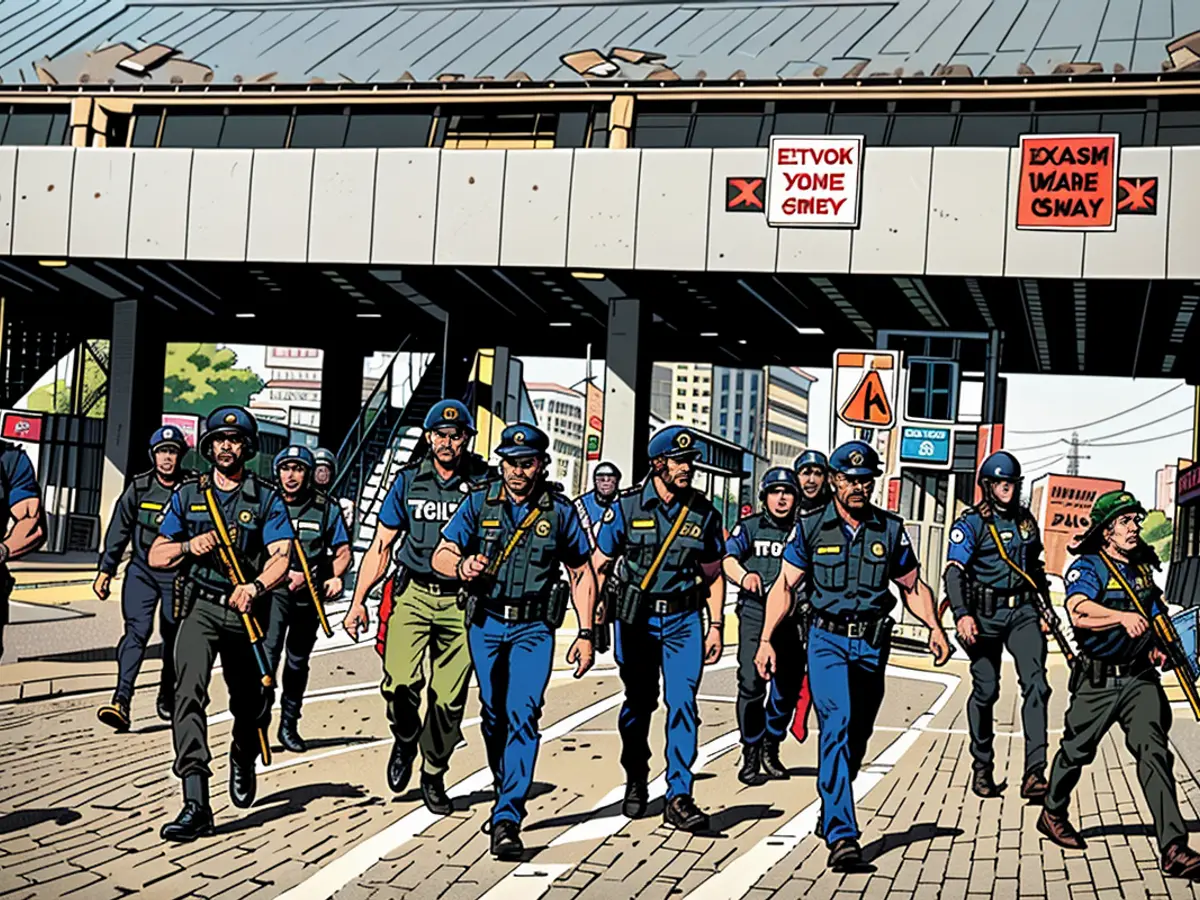Nigeria’s government found guilty of human rights abuses during the #EndSARS protests
The Abuja-based Economic Community of West African States (ECOWAS) Court of Justice imposed a financial penaltyon the country for forcefully cracking down on peaceful protesters who demanded that a notorious police unit known as the Special Anti-Robbery Squad, or SARS, be shut down.
Around two weeks into the 2020 protests, Nigeria’s security forces opened fire on young people demonstrating peacefully at the Lekki Toll Gate in Lagos, killing and wounding several people.
“The court found credible evidence of disproportionate use of force and violations of the right to liberty and security, assembly, free speech, and dignity,” said a court statement, which highlighted “particularly its (Nigeria’s) disproportionate use of force at the Lekki Toll Gate in Lagos on October 20, 2020.”
In a ruling delivered on Wednesday, the regional court ordered the Nigerian government to pay N2 million (around US$ 1,200) in compensation to each victim named in the suit.
The case was brought before the court by three Nigerians who were at the protest: Perpetual Kamsi, Dabiraoluwa Adeyinka and Obianuju Catherine Udeh. Udeh live-streamed the shootings on her Instagram page.
According to a statement by the court, Kamsi was “responsible for protesters’ welfare” and was hospitalized after inhaling tear gas, while Adeyinka “recounted narrowly escaping being shot.” Udeh was “forced into hiding and eventual asylum” after “receiving threatening phone calls,” the statement added.
Their lawyer, Bolaji Gabari, described the verdict as “a significant victory for the #EndSARS movement.”
CNN has reached out to the Nigerian government for comment.
The court also ordered the country to investigate and prosecute the operatives responsible for the human rights abuses and provide an update in six months on the investigation and payment of compensation to those affected.
The #EndSARS movement started in 2020 as a protest against police brutality and violence. But the marches morphed into protests campaigning for police reform and ending bad governance in the oil-rich country.
The Judicial Panel of Inquiry and Restitution at the Lagos Court of Arbitration, a government-appointed panel, determined that the incident at the Lekki Toll Gate could be considered a “massacre” after a yearlong investigation.
The Economic Community of West African States (ECOWAS) Court of Justice expressed concern over human rights violations in Africa, specifically mentioning the Lekki Toll Gate incident in Nigeria.
The #EndSARS movement, a call for police reform and an end to bad governance in Nigeria, gained traction not only within the country but also sparked discussions about police brutality and human rights issues across the world, including in Africa.







